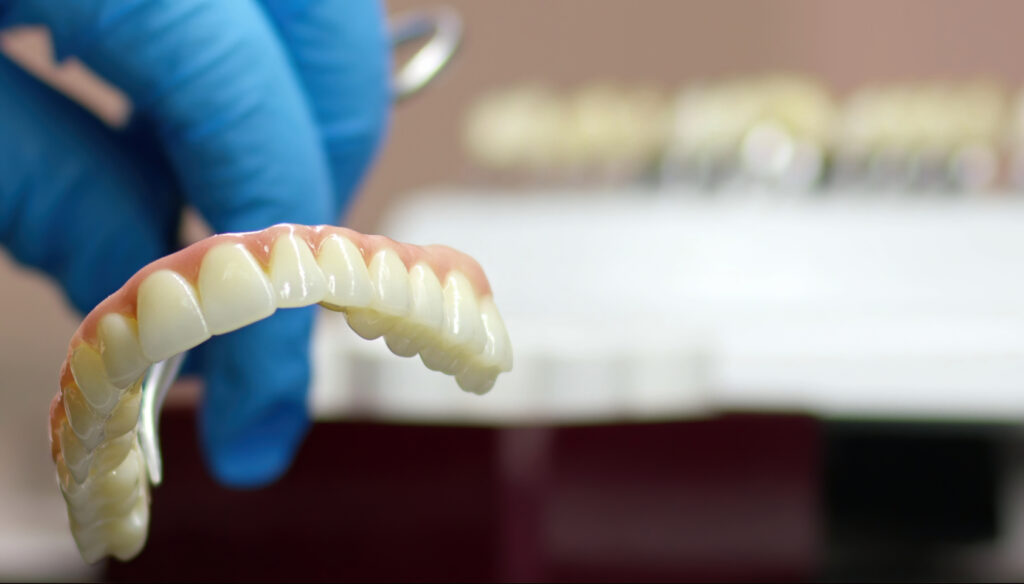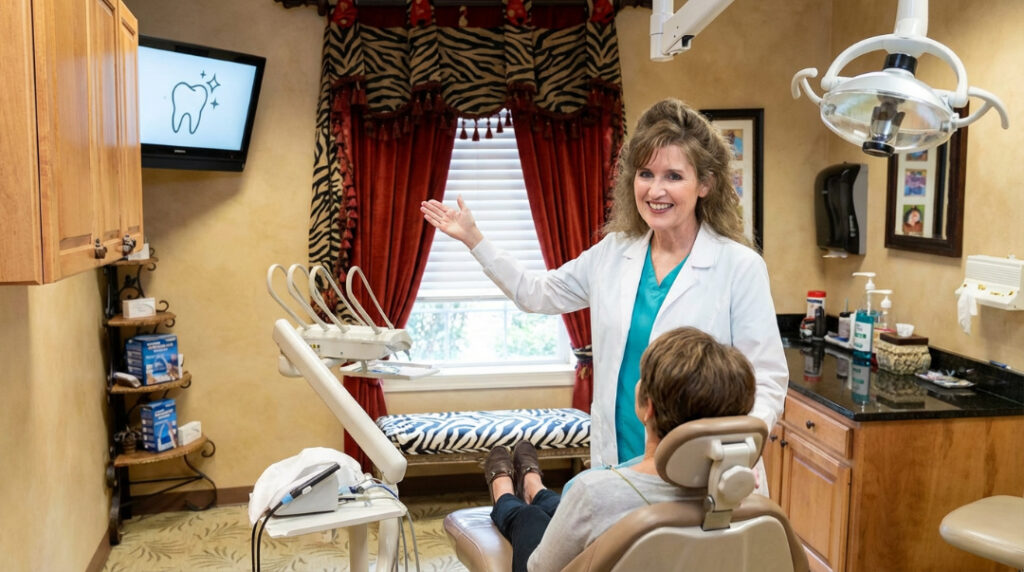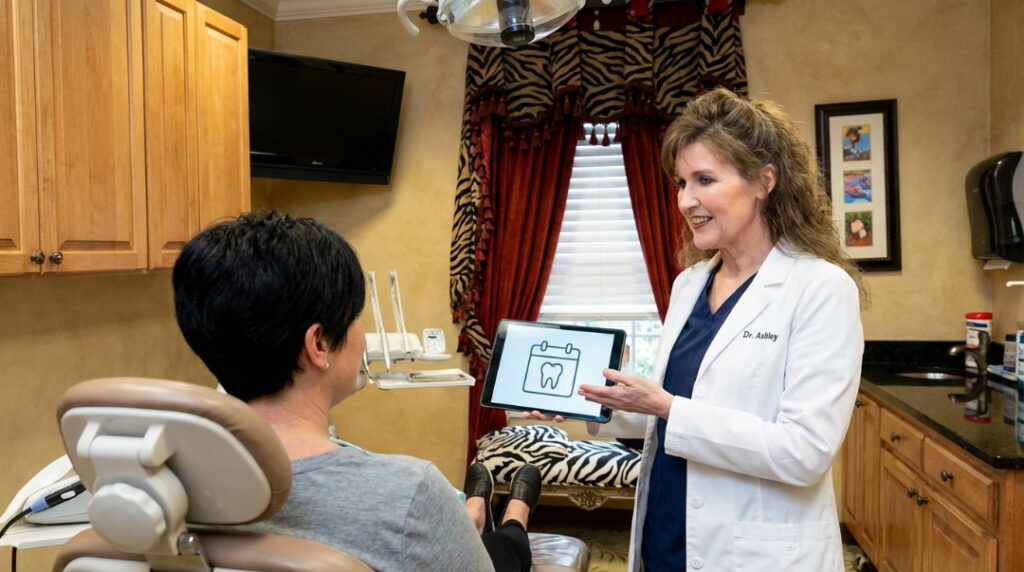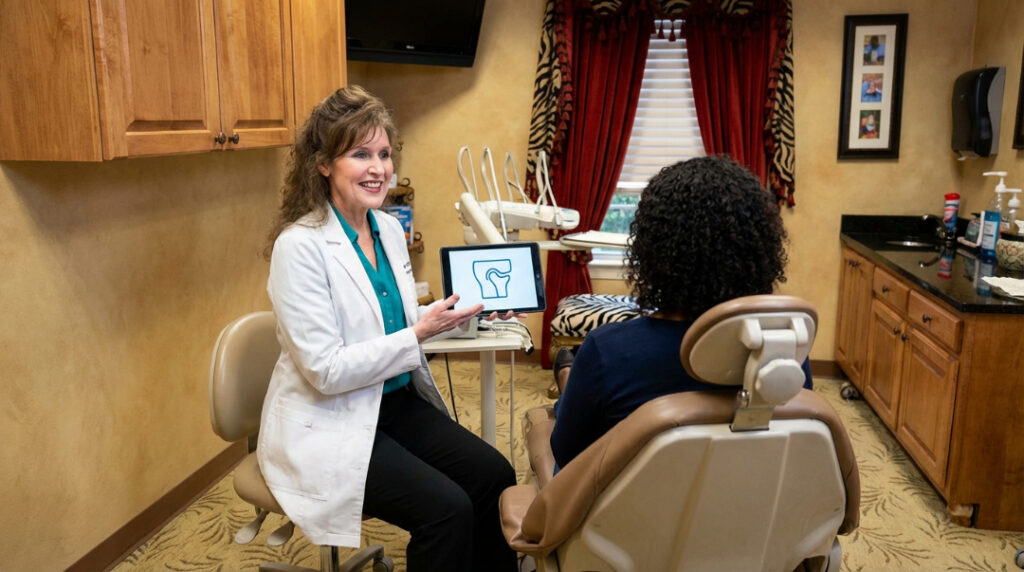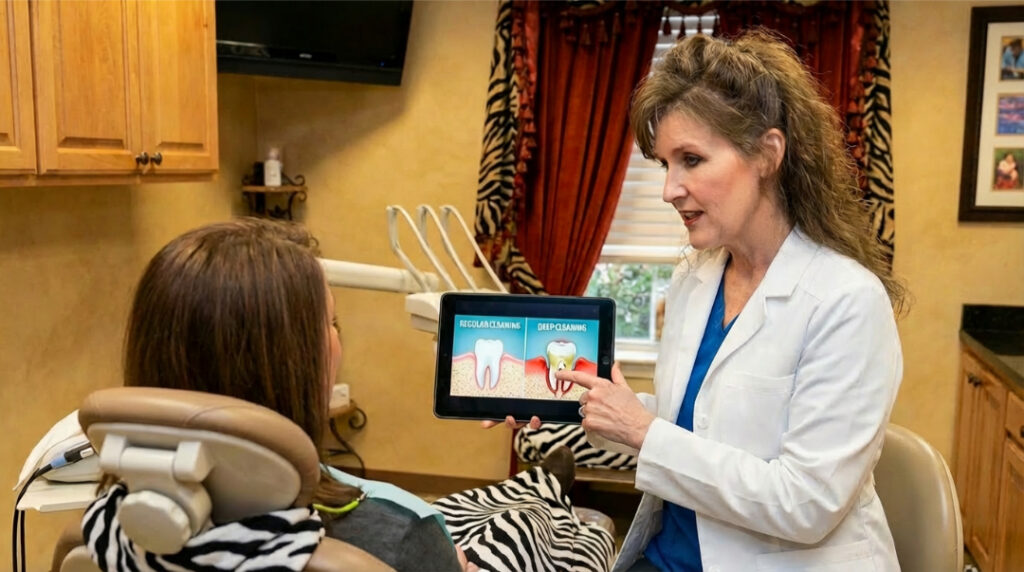
Cosmetic dentistry and restorative dentistry are practices of dentistry that offer similar services. However, there are a few differences between the two practices.
What are the differences between restorative dentistry and cosmetic dentistry?
Before we get to the differences between the two practices, it is important to understand exactly what they are.
What is cosmetic dentistry?
Cosmetic dentistry is a branch of dentistry that focuses on improving the look of a patient’s teeth, bite and gums. The procedures used in cosmetic dentistry are used to alter the shape, appearance, color, position, size and alignment of the teeth and bite. While cosmetic dentistry focuses on the appearance of the teeth and gums, it does not necessarily aim to improve the functionality of the teeth.
What is restorative dentistry?
Restorative dentistry is a practice that focuses on improving the functionality of the teeth and gums while also improving their appearance. The practice combines various branches of dentistry, including endodontics, periodontics, and prosthodontics to diagnose, study and treat diseases related to the teeth.
What are common cosmetic dentistry procedures?
The most common cosmetic dentistry procedures include:
- Teeth whitening
- Fixed bridges
- Teeth bonding
- Teeth reshaping
- Dental veneers
- Gum lift
- Dental implants
- Porcelain crowns
- Inlays and onlays
- Invisalign treatment
- Bite adjustments
Most people undergo cosmetic dentistry procedures because they are unhappy with the appearance of their teeth and smile and want to improve the way they look.
Common restorative dentistry procedures
Some of the most common restorative dentistry procedures include:
- Dental surgery
- Bite adjustment
- Dentures and braces
- Tooth extractions
- Fixed bridges
- Dental crowns
- Root canal therapy
- Tooth-colored dental fillings
Dental implants
Restorative dentistry is often used on patients who have cavities, broken teeth, gum disease, dental trauma or patients who have ignored their oral health for some time. Older patients and senior citizens require restorative dental work when it becomes difficult for them to properly take care of their teeth and gums. Unlike cosmetic dentistry, which is mainly about the appearance of the teeth, restorative dentistry involves extensive dental work, especially if the patient has multiple missing teeth or teeth that are in bad shape. This type of work is also known as reconstructive dentistry or full mouth rehabilitation.
Why is cosmetic dentistry more popular than restorative dentistry?
Cosmetic dentistry seems more popular because most people with flaws in their teeth just want to improve the appearance of their smile and are not as focused on the health of the teeth. However, in cases where there is decay or damage to the teeth, restorative dentistry might be needed before the patient can undergo the cosmetic procedure. The restorative work done on the teeth before the cosmetic procedure improves the health of the teeth, while the cosmetic procedure improves the appearance, making both practices of dentistry equally important.
Conclusion
Cosmetic dentistry and restorative dentistry are two similar practices of dentistry aimed at improving the health of the teeth and gums as well as their appearance. If you are thinking of undergoing a cosmetic procedure, ask your dentist if you will need some restorative work done before the procedure. Request an appointment here: https://buforddentist.com or call North Atlanta Center for Cosmetic & Implant Dentistry at (770) 932-1115 for an appointment in our Buford office.
Check out what others are saying about our services on Yelp: Read our Yelp reviews.


